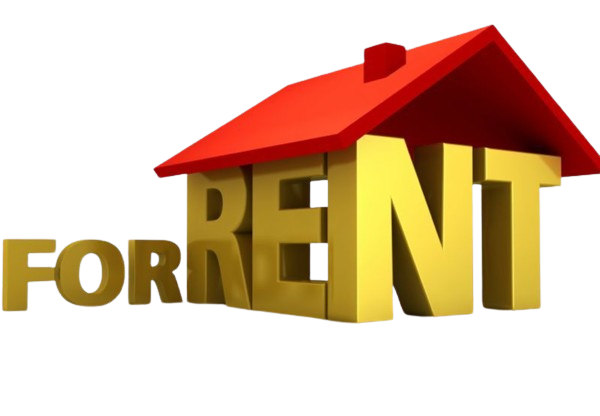Rental Properties
Investing in rental properties involves purchasing real estate and renting it out to tenants, generating a steady income from rent payments while potentially benefiting from property appreciation over time.
How Rental Properties Work:
Rental properties can be residential (single-family homes, apartments, condos) or commercial (office spaces, retail units). The owner, or landlord, leases the property to tenants in exchange for rent payments. The rental income should ideally cover mortgage payments, property taxes, insurance, and maintenance costs, providing a profit.
Types of Rental Properties:
- Single-Family Homes: Standalone residential properties rented to individual tenants or families.
- Multi-Family Properties: Includes duplexes, triplexes, and apartment buildings with multiple rental units.
- Vacation Rentals: Short-term rentals, often in tourist destinations, can generate higher income but require more active management.
Benefits of Investing in Rental Properties:
- Steady Income Stream: Rent payments provide consistent income, particularly valuable in retirement.
- Property Appreciation: Rental properties often increase in value over time, offering capital gains upon sale.
- Tax Advantages: Landlords can deduct mortgage interest, property taxes, insurance, maintenance, and depreciation from taxable income.
- Control: Investors have direct control over the property, allowing for decisions on renovations, rent increases, and tenant selection.
Risks and Challenges:
- Tenant Management: Dealing with tenants can be time-consuming and sometimes problematic, especially in cases of non-payment or property damage.
- Vacancies: Extended vacancies reduce rental income and increase carrying costs.
- Market Risk: Property values and rental demand can fluctuate based on local economic conditions.
- Maintenance and Repairs: Ongoing maintenance and unexpected repairs can be costly and require active management.
How to Get Started with Rental Properties:
Before investing, research the local rental market to ensure strong demand. Calculate all costs, including purchase price, mortgage payments, property management fees, and maintenance expenses, to ensure profitability. Understanding landlord-tenant laws and regulations is crucial for effective property management.

.jpeg)